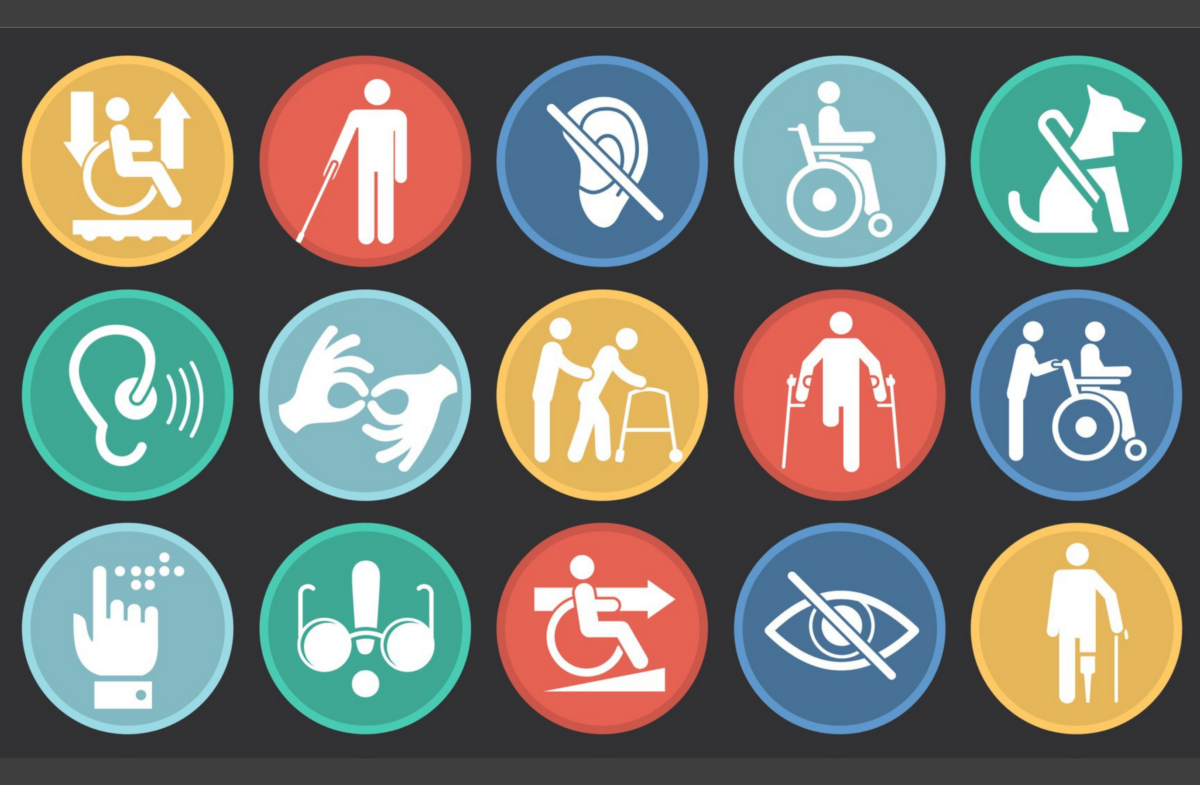January 11, 2022 (10:00-11:30 a.m. EST)
Hosted by CORE Group Disability-Inclusive Health Technical Advisory Group
From the ReLab-HS website: “The need for physical rehabilitation and assistive technology services is an urgent and growing global issue. The proportion of the population over 60 will double in the next 30 years the majority of whom will live with chronic disease. Approximately 150 million children and adolescents experience disabilities, and injuries for people of all ages are becoming more frequent due to conflict, rapid urbanization and motorization. These enormous unmet rehabilitation needs are concentrated amongst the poorest and most vulnerable populations in low- and middle-income countries and conflict-affected settings.
“Funded by the United States Agency for International Development (USAID), the Learning, Acting and Building for Rehabilitation in Health Systems Consortium (ReLAB-HS) is a global project that will support the development of health systems that are responsive to the growing needs for rehabilitation within populations.”
In this webinar, held on January 11, 2022, speakers from ReLAB-HS discussed these topics and facilitated breakout discussions on service delivery, workforce development, and rehabilitation and primary health care. Access the recording here; after the breakouts, the conversation resumes at 1:08:32.
ReLAB-HS SPEAKERS AND FACILITATORS
Kirsten (Kiki) Lentz is a Senior Technical Advisor for Rehabilitation based in the Inclusive Development Hub in USAID’s Bureau for Development, Democracy, and Innovation. She is Activity Manager for ReLAB-HS.
Dr. Abdulgafoor M. Bachani is an Associate Professor in the Department of International Health at Johns Hopkins Bloomberg School of Public Health, and Director for the Johns Hopkins International Injury Research Unit. Dr. Bachani’s research focuses on health systems, as well as developing and implementing innovative approaches to measuring the burden of and preventing injury and disabilities. He holds a particular interest in developing approaches for the measurement of disability and understanding the long-term health, economic, and societal consequences of injuries; strengthening health systems to enhance access to rehabilitation services in low-resources settings; applying novel information and communication technology approaches to injury prevention, disability, and rehabilitation; and developing sustainable capacity for research and practice in the field of injury prevention, disability, and rehabilitation.
Dr. Nabeel Akram is Senior Research Associate in the Department of International Health at the Johns Hopkins Bloomberg School of Public Health, and is the Director of Operations for ReLAB-HS. A driven and solution-minded business leader, Dr. Akram has a proven track record of leading large, diverse teams in 13 countries, securing more than $200m over the years in funding, and having a passion for seeking sustainable, market-based financing solutions for development programs.
Rachael Lowe is a physiotherapist, digital innovator, and entrepreneur from the United Kingdom. She is President of the Physiopedia charity, CEO of Physiopedia Plus, and co-founder of both. Rachael is passionate about utilizing technology to share rehabilitation knowledge, empower the profession, and elevate global standards of practice. She has a 15-year history of providing e-learning and technology support to the international rehabilitation community.
Perth Rosen is the Senior Director of Programs at Momentum Wheels for Humanity, where she has led a health-systems approach to assistive technology-inclusive rehabilitation in more than 20 countries, including Ukraine, Indonesia, El Salvador, and Nicaragua. For more than 20 years, she has worked at the intersection of health products and services in several sectors including rehabilitation and assistive technology, HIV/AIDS, water and sanitation, nutrition, and reproductive health. She has worked and collaborated with NGOs, government partners, and Ministries of Health to drive global health programming.
Chiara Retis is a physiotherapist trained in Italy with a specialization in neurological conditions. She has been working since 2003 for non-government organizations in low-resource settings, initially providing capacity building services in Yemen, Jordan, and Afghanistan. Chiara has a long experience in support to policy reform for the promotion of physical rehabilitation, including designing evidence-based health sector policies in Nepal. Her knowledge and experience in public health includes global health issues, disaster preparedness, health promotion, quality assurance, and organization and management of services. Based in Cambodia as a rehabilitation specialist for programs in Asia for Humanity & Inclusion since 2016, she has joined ReLAB-HS as Coordinator for Burma and Pakistan.
Lindsey Freeze is Director of Communications and Marketing at MiracleFeet, and provides communication support to the ReLAB-HS communications team. Lindsey has worked in cause communications, advocacy, PR, and marketing for close to 20 years, the majority in global health and development. Prior to joining MiracleFeet, she managed digital communications and led multimedia production at IntraHealth International, an organization working to solve the critical shortage of health workers in more than 50 countries.
Dr. Wesley Pryor has 20 years of professional experience in disability and global health, with a specific focus in rehabilitation and assistive products and disability-inclusive development. He has worked in technical advisory and consultancy roles for more than 15 years across project design, applied research and evaluation, working with agencies including WHO, USAID, UNDP, European Commission, CBM, DFAT, HI, the Nippon Foundation, and others.
Dr. Nukhba Zia is an Assistant Scientist in the Department of International Health at the Johns Hopkins Bloomberg School of Public Health and a Core Faculty of the Johns Hopkins International Injury Research Unit. She is co-Program Technical Coordinator for ReLAB-HS. As a health systems researcher, she focuses on understanding how healthcare systems can provide health and rehabilitation care to vulnerable populations including children, women, and persons with disabilities. She is interested in developing innovative technological methods to enhance capacity of researchers to generate evidence for utilization by a broader audience, including policymakers and local community members.
DISABILITY-INCLUSIVE HEALTH TECHNICAL ADVISORY GROUP CO-CHAIRS
- Grace Peters, Smile Train
- Rachel Chaikof, Chemonics
- Dr. Laura McGough, URC

